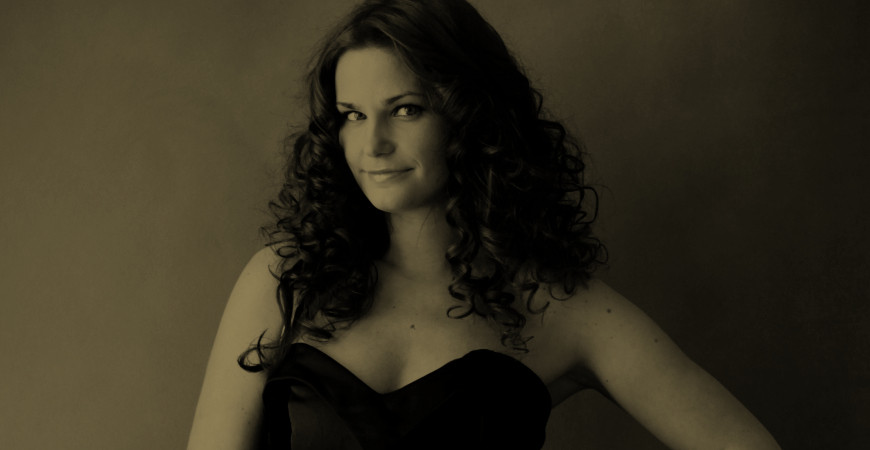
2016. április 17. 19.00-21.00
Solti terem
Budapest Spring Festival
Antonio Cesti: Orontea  A Zeneakadémia saját szervezésű programja
A Zeneakadémia saját szervezésű programja
Antonio Cesti
Orontea
-;-Orontea: Baráth Emőke (szoprán)
Alidoro: Rab Gyula (tenor)
Filozófia: Lusine Sahakyan (szoprán)
Silandra: Imai Ayane (szoprán)
Creonte: Erdős Attila (basszus)
Aristea: Szigetvári Dávid (kontratenor)
Gelone: Ambrus Ákos (basszus)
Magyar szöveg: Romhányi Ágnes
Koreográfus: Kulcsár Noémi
Zenei asszisztens: Baja Mónika
Rendező: Almási-Tóth András
Aura Musicale
Vezényel: Máté Balázs
Orontea
-;-Orontea: Baráth Emőke (szoprán)
Alidoro: Rab Gyula (tenor)
Filozófia: Lusine Sahakyan (szoprán)
Silandra: Imai Ayane (szoprán)
Creonte: Erdős Attila (basszus)
Aristea: Szigetvári Dávid (kontratenor)
Gelone: Ambrus Ákos (basszus)
Magyar szöveg: Romhányi Ágnes
Koreográfus: Kulcsár Noémi
Zenei asszisztens: Baja Mónika
Rendező: Almási-Tóth András
Aura Musicale
Vezényel: Máté Balázs
One of the most popular operas of the 17th century, the masterpiece of a Franciscan monk, had its premiere 360 years ago. Antonio Cesti, who was born in 1623, earned not only world fame, but rebuke from his order as well, for engaging in such a mundane pursuit as writing opera—and singing. Orontea was his first work for the stage, and soon became a box office success. Following the 1656 premiere, it went on to be regularly performed for thirty years. This was in great part due to what continues to make it a masterpiece equally entertaining and elevating: the fact that the libretto and the great music ingeniously fuse the elements of tragedy and comedy. In the prologue that precedes the three acts, the allegorical figures of Philosophy and Love argue over whose influence on man is greater, whether the soul is guided by duty or passion, reason or the heart. Accessible and engaging, the story that follows offers a snappy reply.
Jegyár:
HUF 1 500


